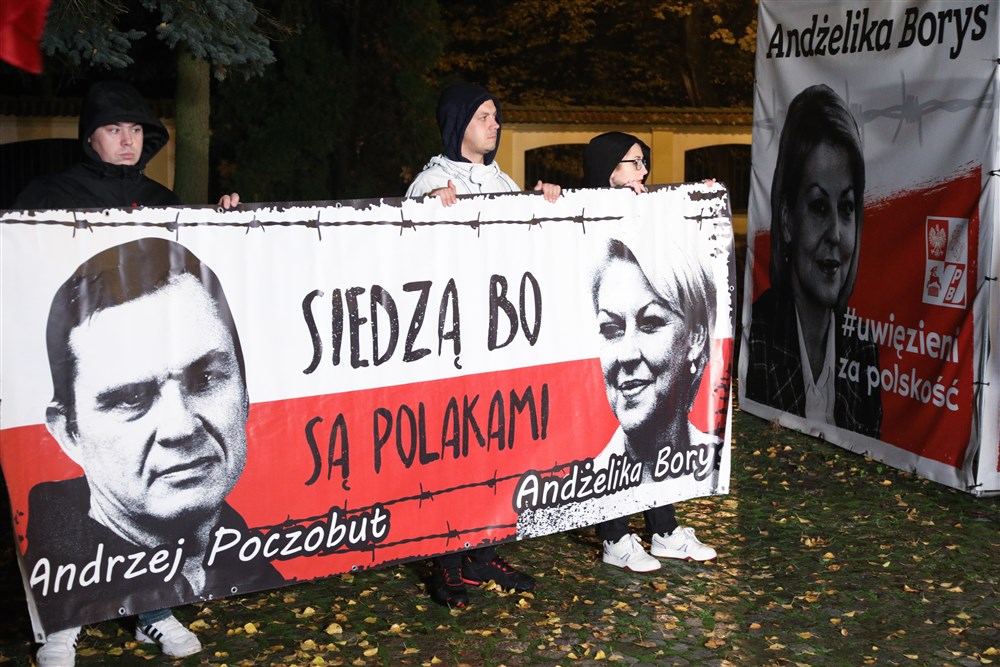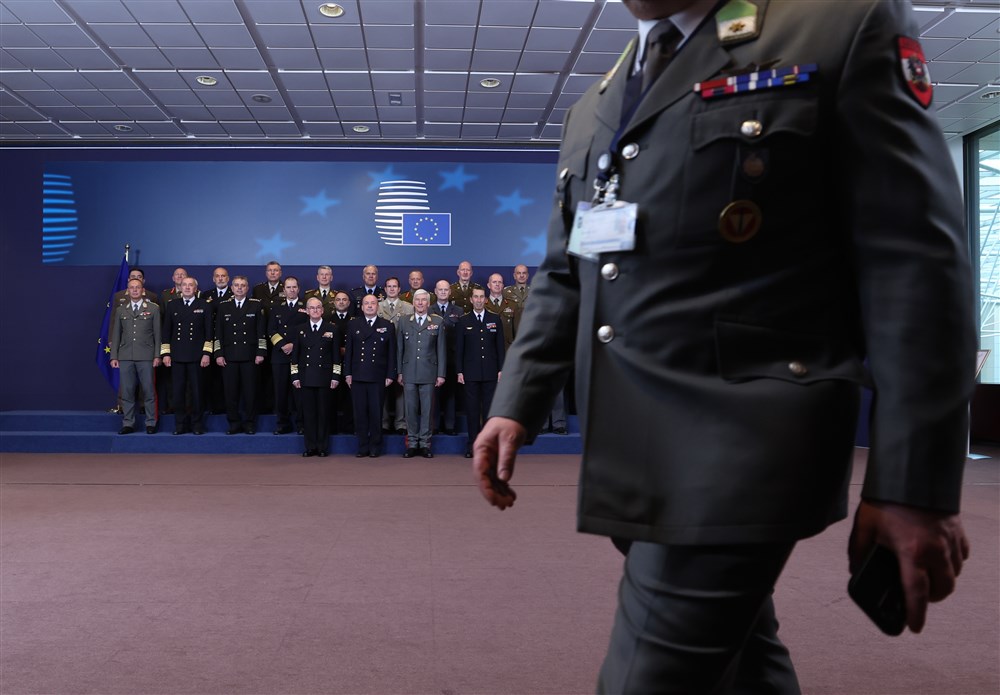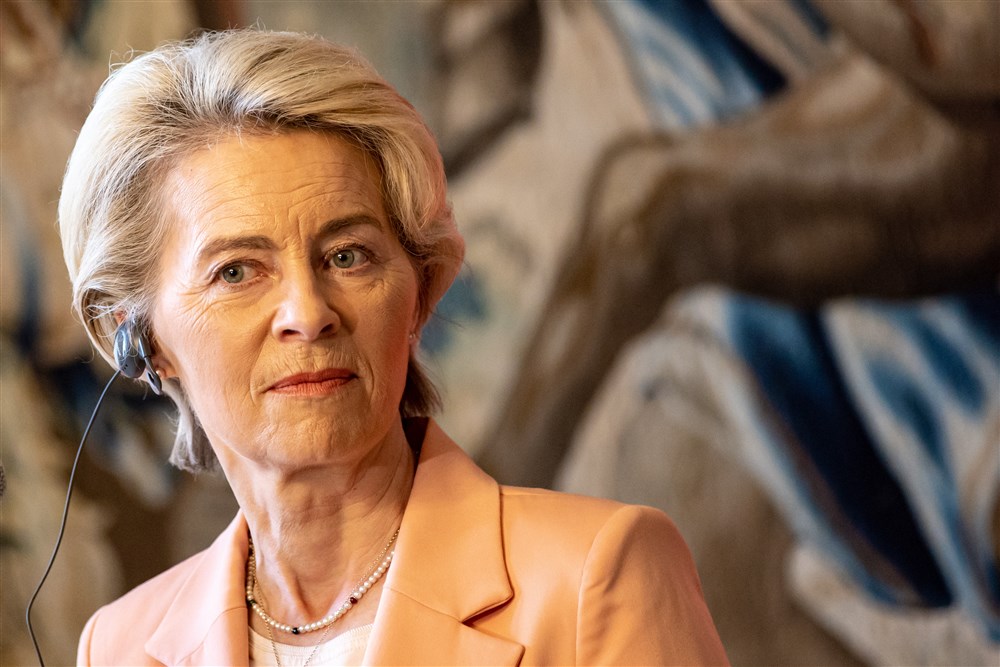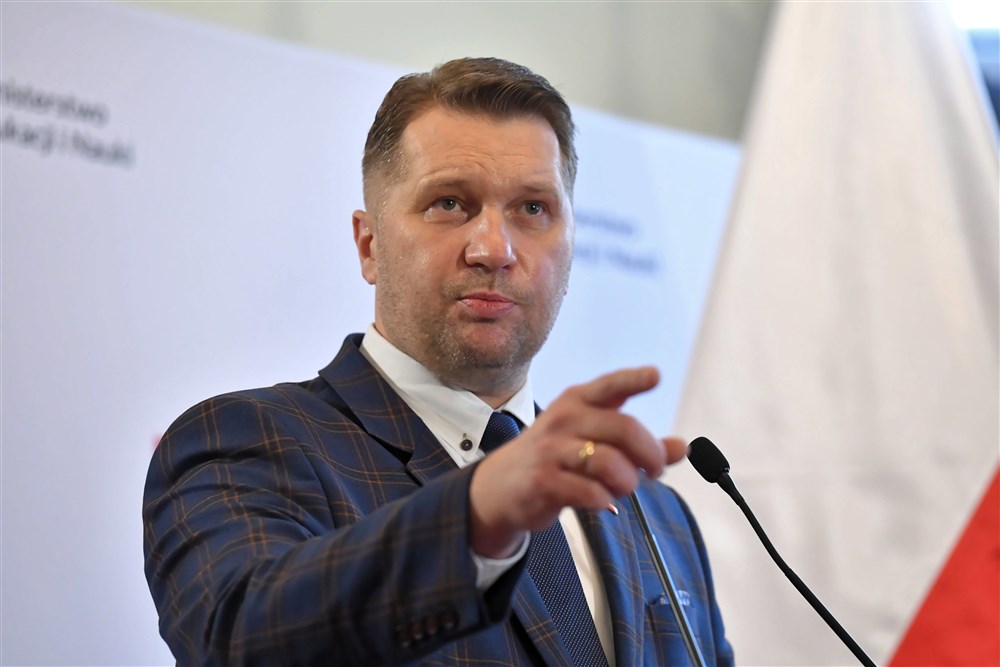Poland is to create a commission to investigate Russian influence over the process of government with the power to debar present and former officials, such as Poland’s opposition leader Donald Tusk, from holding public office.
The commission, which will be implemented after the ruling Conservatives forced through legislation approved by Poland’s President, Andrzej Duda, has angered the opposition and has been criticised by the US ambassador to Poland.
The Polish Parliament on Friday voted to set up the special commission to probe “Russian influence” over successive governments. The opposition alleges that the measure is targeted at discrediting and potentially stopping Tusk, who was Polish Prime Minister between 2007 and 2014 and later President of the European Council, from possibly winning this autumn’s general election.
The commission will review all government decisions involving relations with Russia made between 2007 and 2022. It has been granted powers to overturn any decisions in that timeframe, revoke security clearance of individuals and debar them from holding office for up to 10 years. However, any moves made by the commission could be challenged in the courts.
President Duda rejected opposition pleas to veto the legislation, arguing that investigations into the scope of Russian influence have been taking place in many countries. He also said that transparency regarding the commission’s practices would be secured through public examination. Duda added that a similar body should also be proposed at EU level. However, he has tasked the constitutional court to examine the proposed Polish commission in response to concerns of constitutional lawyers that it represents an unconstitutional mix of executive and judicial powers.
Tusk slammed MPs who had backed the legislation, calling them “cowards” who “have broken good parliamentary manners and the fundamental principles of democracy, out of fear of losing their power, out of fear of the people, out of fear of being held responsible after the elections”.
Other opposition figures have decried the legislation as “Bolshevik” and a “kangaroo court”, with some media outlets calling the legislation “Lex Tusk”, or “Tusk Law”.
The commission is to due report its findings on 17 September, the anniversary of the Soviet invasion in 1939. However, critics argue, given the relatively short time available, it will not be able to fully probe suspected Russian interference. In addition, it is unlikely that the constitutional court could make any ruling on the legislation before the report is due because it is gridlocked by its own dispute over who should be its chief justice.
The Conservatives have consistently argued that when Tusk was prime minister he gave too much influence to Moscow. His government is alleged to have entered into unfavourable long-term deals for the purchase of Russian gas. Tusk has also been accused of having worked with the Russians in the run-up to the 2010 Smolensk air disaster that killed then Polish president Lech Kaczyński and 95 others and of having consented to the Russian investigation into the crash of the Tupolev Tu-154 aircraft that was operated by the Polish Air Force.
Poland’s governing majority denies that it is targeting any specific individual, arguing the creation of the commission is designed to bolster Poland’s security by exposing Russian influence.
However, some commentators say that the ruling party, led by Jarosław Kaczyński, is getting its retaliation in first in response to the opposition’s threats of prosecuting members of the government for alleged abuses of power.
Meanwhile, Mark Brzeziński, the US ambassador to Poland, appeared in a pro-opposition commercial on the Polish news channel TVN24 saying that the US administration was “well aware of the concerns about this legislation” and that the US government “shares these concerns because they could affect the right to a fair and free trial and restrict choice for voters”.
In a Twitter post, former Polish foreign minister Witold Waszczykowski, MEP for the ruling conservatives, slammed the ambassador’s comments as a “diplomatic scandal”.
Waszczykowski tweeted: “@USAmbPoland on private television channel which is actively engaged against the Polish government, and openly criticises the Polish government. It’s an incredible diplomatic scandal.”





